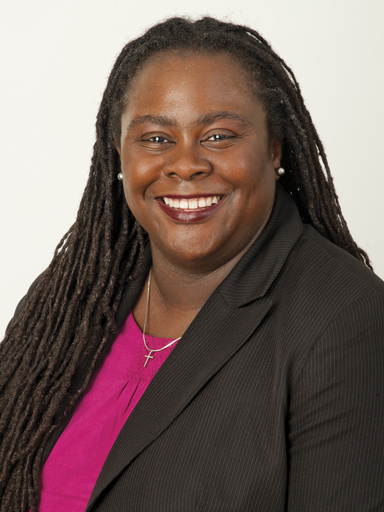For better than two decades now, Critical Race Theory scholars have studied the role race plays in American law, but have focused mostly on developing abstract theory and not on gathering data.
At the same time, scholars in the social sciences have gathered reams of data to measure and analyze the way that race impacts everyday life, but have done so without looking to see what’s happening in Critical Race Theory.
A conference at the University of Iowa College of Law later this month hopes to more properly introduce the two fields to each other.

“Our hope is to build bridges between not only these two methods and theories, but also the communities of scholars working in this area,” says Angela Onwuachi-Willig, professor of law and organizer of the conference that will be held April 26 and 27 in the Boyd Law Building. Two panel discussions will be open to the public on Friday, April 26, at 2 p.m. in room 245 of the Boyd Law Building.
Critical Race Theory was developed as a way to examine how race and America’s racial history influences the country’s laws and legal systems. Although racial injustice bred through centuries of slavery and segregation were common, Onwuachi-Willig says there was little discussion until the 1980s of its effects on the legal system.
Since then, the theory has had a significant impact in the legal and political realm, as seen in numerous laws, legal arguments, and court decisions regarding employment, discrimination, immigration, voting rights, and even tax law. Onwuachi-Willig hopes the conference will inspire scholars to engage in more empirical research to further strengthen the field’s work in the legal and political realm, and encourage social science scholars to use critical race theory as part of their framework.
Friday’s first panel will address how race and implicit bias affect the law of self-defense and the Fourth Amendment’s stop and frisk doctrine; juries in trials involving tort claims, and judicial decision-making under the U.S. Supreme Court’s newly fashioned pleading standard.
The second panel focuses on issues concerning race and identity by challenging typical notions of race and examining the usefulness of surveys in measuring racial inequality.